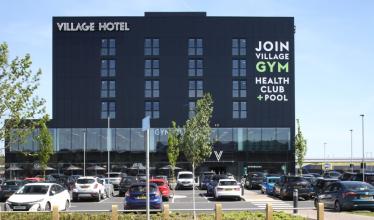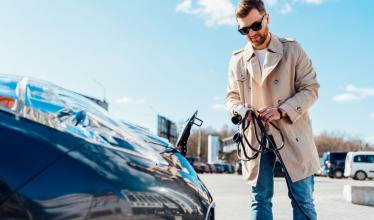Electric Nation has published the results of its 18 month project looking at smart home EV charging, having assessed the data from almost 700 participants and 140,000 charging sessions.
Analysis shows that there is likely to be sufficient capacity and flexibility in the National Grid to deal with demands placed on it by increased numbers of EV drivers.
Initial findings show that EVs are plugged in for more than 12 hours on average, but are rarely charging for the full time. Other details discovered include that the average charging session started with the battery at more than 50%, and that pure-EV owners only charge their car three times a week.
The trial was the largest of its kind in the world, with those participating in the Electric Nation smart charging project using apps to encourage driver interaction with systems, minimising disruption to planned EV journeys. Incentives were offered to encourage the owners to opt to charge their EV when demand on the grid is low – overnight rather than early in the evening for example.
Run by Western Power Distribution, EA Technology, DriveElectric, Lucy Electric GridKey, and TRL, Electric Nation had 673 plug-in car drivers take part, with 40 different makes and models – and battery sizes – involved, including both plug-in hybrids and pure-EVs.
With participants using a smart charger to provide data and help keep charging at low-peak times, the results will help Western Power Distribution understand what is required in terms of network upgrades as the uptake of EVs increases.
Data shows that at least 32% of electricity supply cables – 310,000 in total – may require intervention when 40% – 70% of customers have electric vehicles. Intervention using smart technology, rather than digging up roads to replace the cables, has been calculated at offering a saving of £2.2 billion by 2050.



